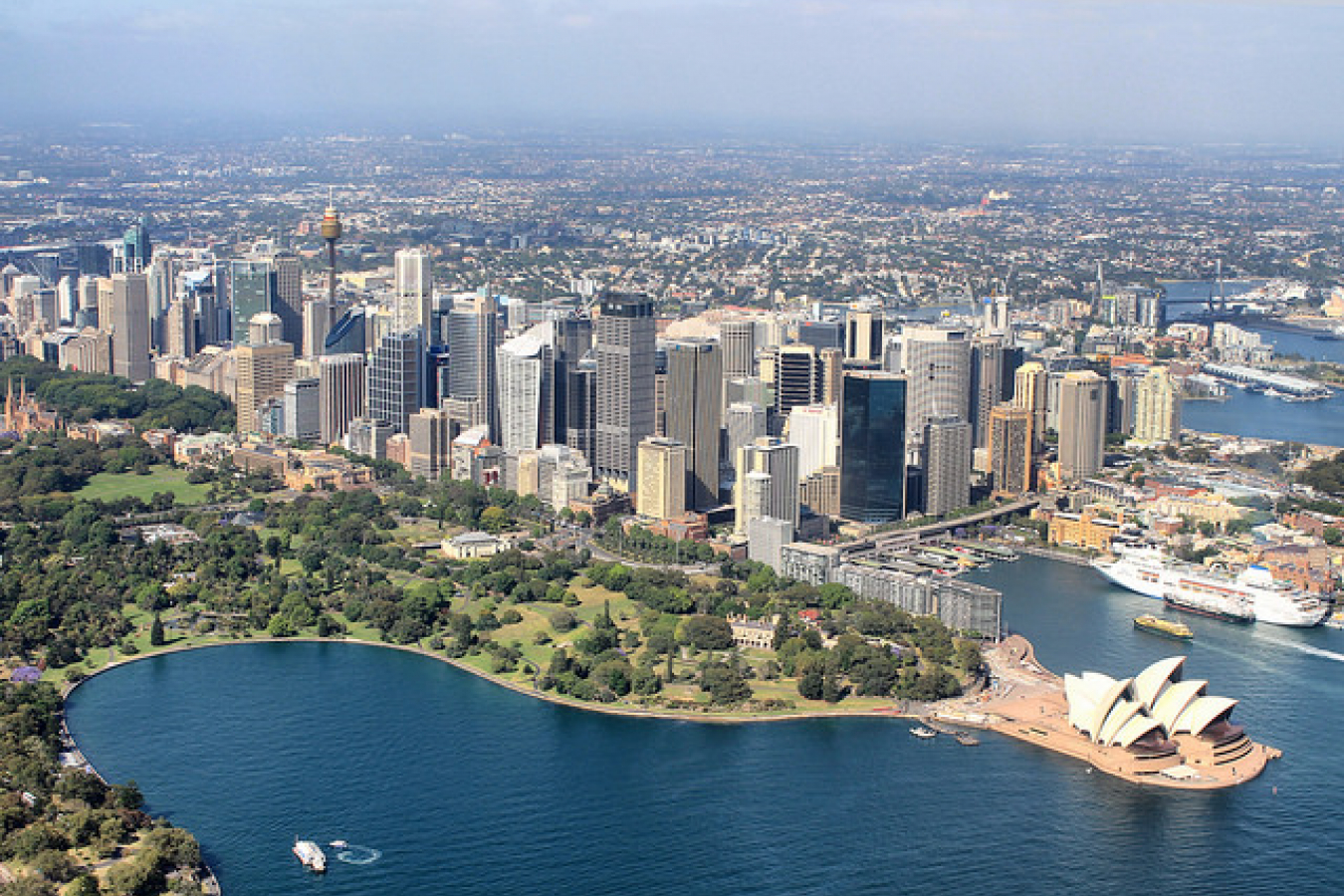Support migrant centric journalism today and donate

 • Watch This Video
• Watch This VideoAustralia must increase its migrant intake to stop the economy from stagnating in coming years, a leading business information company says.
IBISWorld said that without more migration to offset the nation's aging population and low natural birthrate, the economy would suffer and key industries would lack sufficient staff.
The comments follow a recent increase in the number of migrants coming into the country. Migrant numbers rose by 10 percent to more than 120,000 in June last year.
The company's Australian general manager, Jason Baker, said although Australia had the highest foreign-born population of any country in the developed world, it was increasingly likely the nation would need more migrants.
He said even a recent increase in the fertility rate still left it below the replacement level.
Without migration, the economy would groan under the weight of fewer and fewer taxpayers having to cover the cost of an increasing number of retirees, he said.
"By the 2030s, net overseas migration will be the only form of population growth in Australia, as our aging population and low fertility rate will see the number of deaths each year overtake the number of babies born," he added.
"If our population growth doesn't increase the economy may stagnate, with a declining workforce causing labor shortages and wage hikes.
"If that happens, we'd expect government policy to allow higher immigration levels." IBISWorld, which tracks economic and business trends, said Australian industries in particular would suffer if migration did not increase."
He said 32 per cent of people in manufacturing were born overseas, while migrants made up 30 per cent of workers in the property and business services area.





















